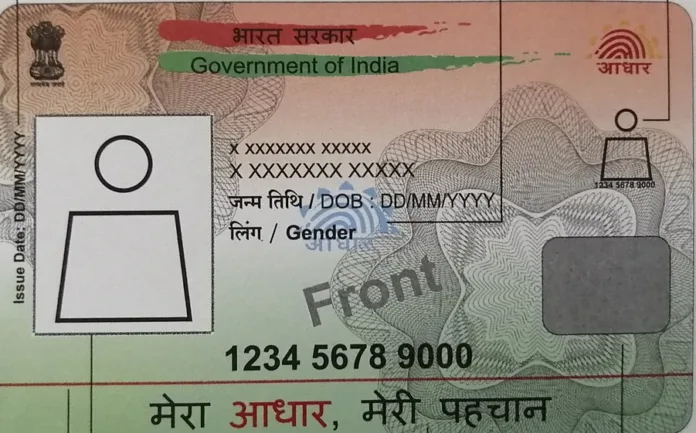Landmark decision underscores the importance of official documents in legal matters involving victims of road accidents
In a significant ruling on Thursday, the Supreme Court of India overturned a Punjab and Haryana High Court decision that had relied on an Aadhaar card to ascertain the age of a road accident victim for compensation purposes. Justices Sanjay Karol and Ujjal Bhuyan highlighted that the age should be determined based on the date of birth recorded in a school leaving certificate, in accordance with the Juvenile Justice (Care and Protection of Children) Act, 2015.
The case originated from a tragic road accident in 2015 that claimed the life of a man whose family sought compensation for their loss. Initially, the Motor Accident Claims Tribunal (MACT) awarded ₹19.35 lakh in compensation. However, the high court later reduced this amount to ₹9.22 lakh, erroneously considering the victim’s age to be 47 years as per his Aadhaar card. The family, arguing that the correct age was 45 years according to his school certificate, appealed the decision, leading to the Supreme Court’s intervention.
Embed from Getty ImagesThe apex court pointed out that while the Aadhaar card serves as a valid form of identity verification, it cannot be deemed a definitive proof of a person’s date of birth, as clarified by the Unique Identification Authority of India (UIDAI). This ruling has sparked considerable discussion on social media, with many expressing frustration over the perceived limitations of the Aadhaar card as a legal document.
Critics have taken to various platforms to voice their opinions, questioning the efficacy of the Aadhaar system in accurately reflecting important personal details such as age. Comments range from calls for clearer guidelines on acceptable forms of identification in legal matters to concerns about the broader implications for individuals relying on Aadhaar for various services and entitlements.
This ruling not only reinforces the legal precedence for using official educational documents for age determination but also raises awareness about the complexities surrounding the Aadhaar system in India. As debates continue, many are advocating for a more robust framework that ensures individuals are adequately represented and compensated in cases of injustice.
